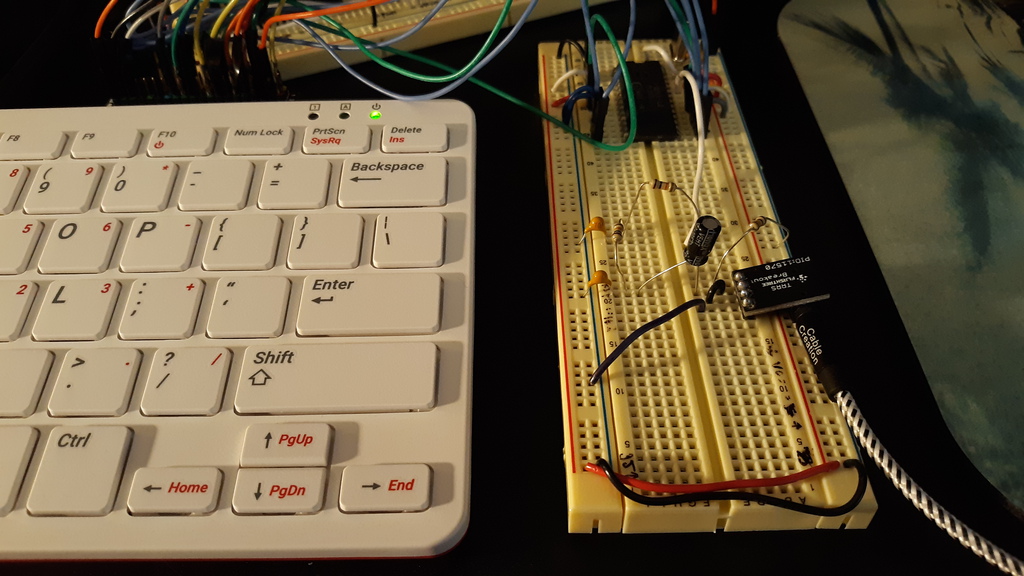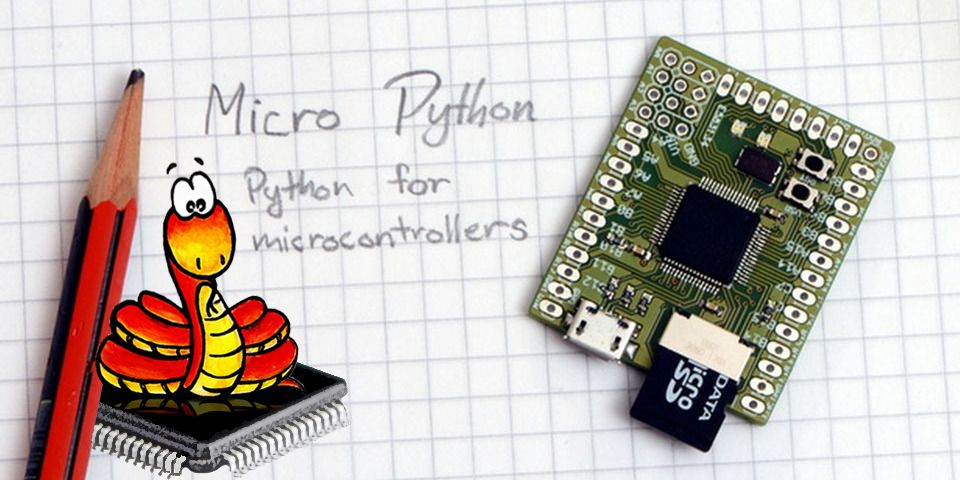micropy-ENC28J60
ENC28J60 Ethernet chip driver for MicroPython v1.17 (RP2)
Rationale
ENC28J60 is a popular and cheap module for DIY projects. At the moment, however, there is no driver for the MicroPython environment. The Python implementation seems easy for further improvements and self adaptation.
Installation
Copy enc28j60.py to your board into /enc28j60 directory.
Wiring
Wiring requires pins for SPI: SCK, MISO, MOSI and ChipSelect and optionally Interrupt. Example wiring that uses SPI1 bus:
| ENC28J60 Module | Rassperry Pi Pico | Notes |
|---|---|---|
| VCC | 3V3 | requires up to 180 mA |
| GND | GND | |
| SCK | GP10 | SPI1 SCK |
| SI | GP11 | SPI1 MOSI/TX |
| SO | GP8 | SPI1 MISO/RX |
| CS | GP13 | SPI1 CSn |
| INT | GP15 | Optional |
Example code
Packet transmission
Example of packet transmission to broadcast ethernet address:
from machine import Pin, SPI
from enc28j60 import enc28j60
spi1 = SPI(1, baudrate=10000000, sck=Pin(10), mosi=Pin(11), miso=Pin(8))
eth = enc28j60.ENC28J60(spi1, Pin(13))
eth.init()
srcMac = eth.getMacAddr()
tgtMac = bytearray([0xFF,0xFF,0xFF,0xFF,0xFF,0xFF])
payLoad = bytearray(64)
pktType = bytearray([(len(payLoad) >> 8) & 0xFF, len(payLoad) & 0xFF])
eth.SendPacket([tgtMac, srcMac, pktType, payLoad])
Packet reception
Example of packet reception:
from machine import Pin, SPI
from enc28j60 import enc28j60
spi1 = SPI(1, baudrate=10000000, sck=Pin(10), mosi=Pin(11), miso=Pin(8))
eth = enc28j60.ENC28J60(spi1, Pin(13))
eth.init()
pkt = bytearray()
while eth.GetRxPacketCnt():
eth.ReceivePacket(pkt)
print('srcMac:', ":".join("{:02x}".format(c) for c in pkt[6:12]))









